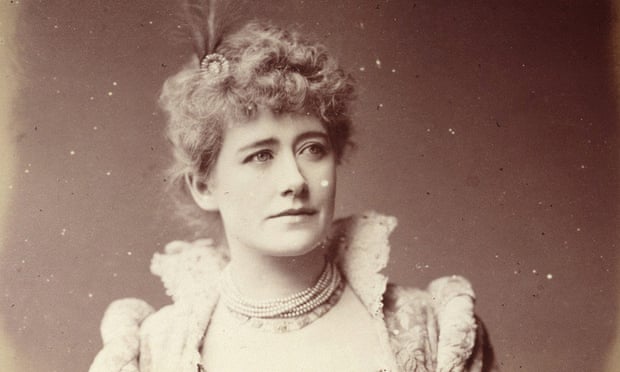Letters | Stage | The Guardian: The lack of popular knowledge of British theatre history is much worse than Joanna Lumley thinks (A rebuke from stage left: young actors ignore our theatrical history, says Lumley, 4 March).
How many readers know Britain lived under government censorship of all publicly performed plays for 400 years until 1968, giving rise to our humorous obsession in this country with innuendo, often centred around suggestively shaped fruit and vegetables, to be slipped past the lord chamberlain’s censor?

2 comments:
I do not think I had any idea about this situation until I read this article because the possibility of what is known widespread in the world is not the end of it ever hit me.
I had never, I believe pondered over the possibility that what we have access to in terms of British theater is not the entirety of it and that a lot of it has either been lost in the many centuries or have still been hidden from us for various purposes.
And this is a very sad thing to me, because for me, British theater has always been one of the first few forms of impactful theater types, having influenced so many others today, that the fact that a lot of it is still unavailable to the people seems like an opportunity missed for interested readers, and passionate playwrights.
I personally feel that this is a situation that can be handled well for the better and that more of the hidden British theater can be exposed to the people for their like.
To be truthful, I don’t know much British theater history. So I definitely didn’t know about the censorship that existed. I had no idea that the British government censored publicly performed plays for 400 years...I guess this is shocking to me because Britain has always been one of the most popular and forefront places for theater. To think that they censored many plays just contradicts that idea. I also find it interesting how this censorship is part of the reason why innuendos are prominent as humor in British culture. I’m so glad that I read about Edit Craig because the work she did was important and definitely contributed to the development of the theater industry back then. It’s a shame that she’s not well known, or known at all because as the article says, popular knowledge on British theater history is fading. I think another reason why she is not well known is also that she’s not an actress. Rather, she is a producer of plays. People behind the stage are less recognized than those who are on stage and we still see this today. Directors and writers are an exception, but producers and other personnel are often neglected.
Post a Comment